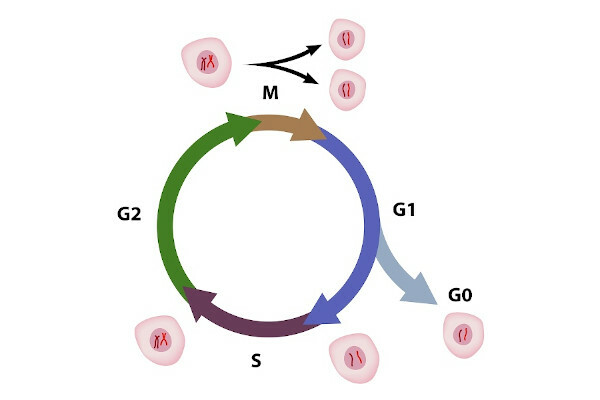Mario Quintana. The poet who was born in the small town of Alegrete, in Rio Grande do Sul, is certainly one of the most respected and beloved writers by the public. The reach of his work is noteworthy (see its popularity on social networks), especially in a country where the poem genre is still little read and publicized. Although he is not considered a poet “beyond borders” (we always appeal to the gentile “gaúcho” before mentioning him), Quintana has captive readers in all age groups. His poetic work is marked by an unmistakable simplicity and lyricism, as it was from everyday life that the poet extracted his raw material.
Mario de Miranda Quintana was born on July 30, 1906. He was a poet, translator and journalist. His debut in literature took place in 1940, with the publication of the poem book “A Rua dos Cataventos”. In addition to his poetic work, the writer also made a considerable contribution as a translator, with emphasis on the translation of the books “Mrs. Dalloway”, by Virginia Woolf, and “In Search of Lost Time”, by Marcel Proust. Although he has competed three times for one of the vacancies of immortal at the Academia Brasileira de Letras, Quintana he was never elected, even refusing the fourth invitation (this made under the promise of an election by unanimity). In 1980, he received the Machado de Assis prize – the main Brazilian literary prize – given by the ABL to Brazilian writers for his work as a whole.
define the poet Mario Quintana it would be to reduce it, the greatest crime of definitions. Who could do it was himself, and he did it, in 1984:
“I was born in Alegrete, on July 30, 1906. I think that was the main thing that happened to me. And now they ask me to talk about myself. Well! I have always thought that every confession not transfigured by art is indecent. My life is in my poems, my poems are me, I never wrote a comma that wasn't a confession. I was born in the rigors of winter, temperature: 1 degree; and on top of that prematurely, which made me a little complex, because I didn't think I was ready. Until one day I discovered that someone as complete as Winston Churchill had been born prematurely—and so had Sir Isaac Newton! Excusez du peu… I prefer to quote the opinion of others about me. They say I'm modest. On the contrary, I'm so proud that I don't think I've ever written anything up to my standards. Because poetry is dissatisfaction, a yearning for self-overcoming. A satisfied poet does not satisfy. They say I'm shy. None of that! Sou is silent, introspective. I don't know why they subject introverts to treatments. Just because they can't be boring like the others? Precisely because I despise the boredom, the longness, I love the synthesis. Another element of poetry is the search for form (not form), the dosage of words. Perhaps the fact that I was a pharmacist for five years contributes to my care. Note that this is the same case with Carlos Drummond de Andrade, Alberto de Oliveira, and Erico Verissimo — who know (or knew) well what the love struggle with words is”.

the poems, originally published in the book Hides of Time, published in 1980
His biography is as simple as his poems: he didn't marry, he didn't have children, he lived a good part of his life in hotel rooms, he walked the streets of Porto Alegre like any anonymous person and the city was a figure legendary. He died in Rio Grande do Sul on May 5, 1994, at the age of 87, as a result of cardiac and respiratory problems, leaving an invaluable and singular contribution to the Brazilian literature.
By Luana Castro
Graduated in Letters
Source: Brazil School - https://brasilescola.uol.com.br/datas-comemorativas/mario-quintana.htm


